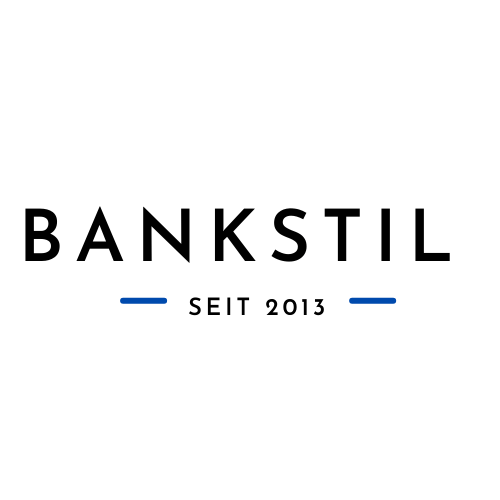Abstract
Distributed ledger technology (DLT) is a database architecture which enables the keeping and sharing of records in a distributed and decentralized way, while ensuring its integrity through the use of consensus-based validation protocols and cryptographic signatures. In principle, DLT has the potential to reduce costs and increase the efficiency of securities settlement, the ultimate step of every security transaction. In this paper, we first examine to what extent DLT could add value and change securities settlement. We then characterize the innovation process in the post-trade industry and finally, we describe the economics of a hypothetical DLT-based security settlement industry. Our main conclusions are that: i) DLT has the potential to improve efficiency and reduce costs in securities settlement, but the technology is still evolving and it is uncertain at this point what form, if any, a DLT-based solution for securities settlement will ultimately take, ii) technological innovation in the post-trade industry is more likely to achieve its potential with some degree of co-ordination which could be facilitated by the relevant authorities, and iii) if DLT-based securities settlement becomes a reality, then it is likely to be concentrated among few providers which, in the absence of regulation, could result in inefficient monopoly
Quelle: The economics of distributed ledger technology for securities settlement
